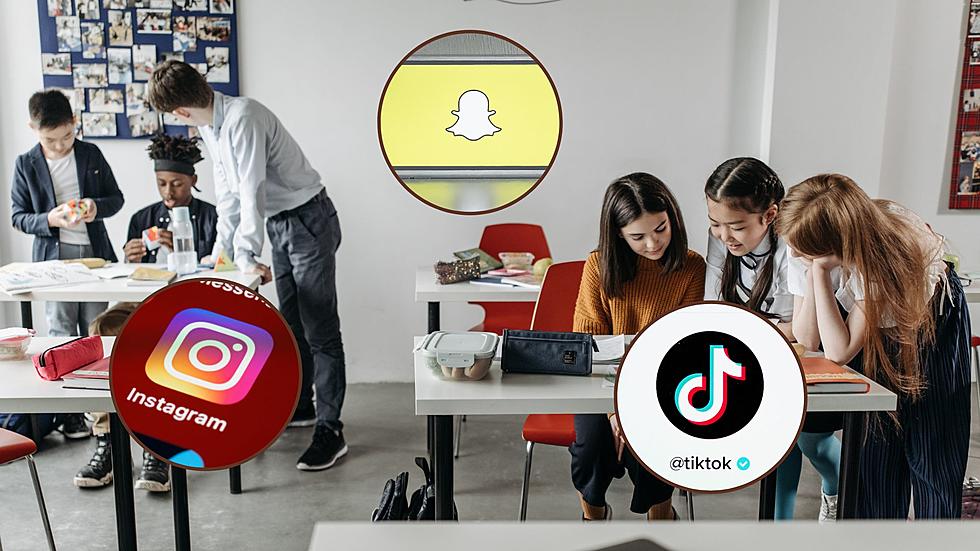
Like me! Kids’ battle for online acceptance
Everybody likes to be liked, but a new study finds that for our tweens and teens, this takes on a bit of a different meaning in cyberspace.
The Intel Security study "The Realities of Cyber Parenting: What Pre-teens and Teens Are Up To Online" reveals many young people are preoccupied with getting an online nod of approval from their peers.
"This age group is heavily focused on forming their social circles, and things like acceptance (are) hypercritical," said Stacey Conner, director of Global Channel Marketing for Intel Security, "so what we found was that between 60 to 70 percent, depending on whether we were talking to a male or female teen or tween, stated that quote-unquote, 'likes' or 'favorites' were very important to them. Between 20 and 30 percent of our teens said it was more than just important; it actually made them feel happy. It gave them some sort of sense of fulfillment."
What this means, Conner said, is that kids tend to post things that are likely to be liked, things like selfies or group shots.
"The selfie is the one kind of, lack of a better word, asset that they can put on their social media accounts that is most likely to be liked," she said.
Conner said kids need to be taught that when it comes to selfies, if they turn on their location services, anybody can see not only who they are and what they are doing, but where they are doing it.
"Technology is only going to be more and more important to our kids, so parents need to make sure they're connecting with them," she said. "It's important to talk frequently and casually with them about what they're doing on social media."
She also recommended parents instruct their kids to not share passwords with their friends because that could put them at risk, and to review the apps they're downloading on their phones to make sure they're appropriate.
"Parents should also have access to all of their children's online accounts and electronic gizmos, to give them a good handle on what they're doing," Conner said.
The study also found 66 percent of boys between the ages of 13 and 16 said they mostly watch videos on their mobile devices, while 71 percent of girls in the same age group spend most of their time texting.
More From New Jersey 101.5 FM









